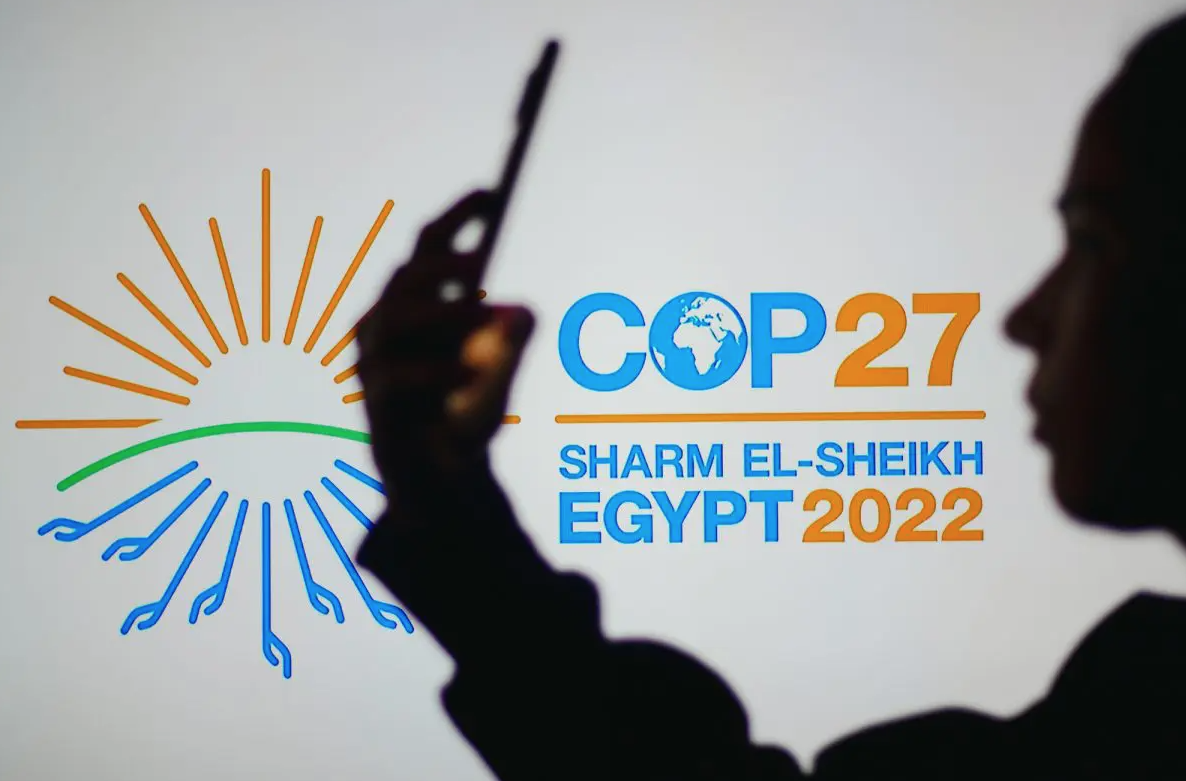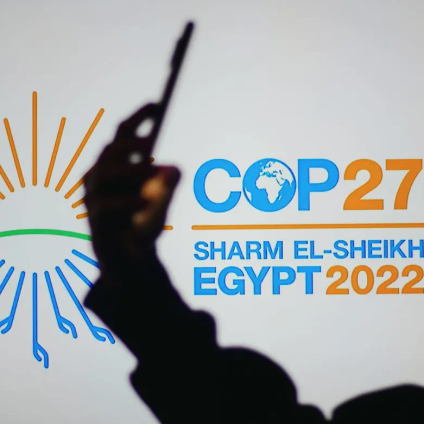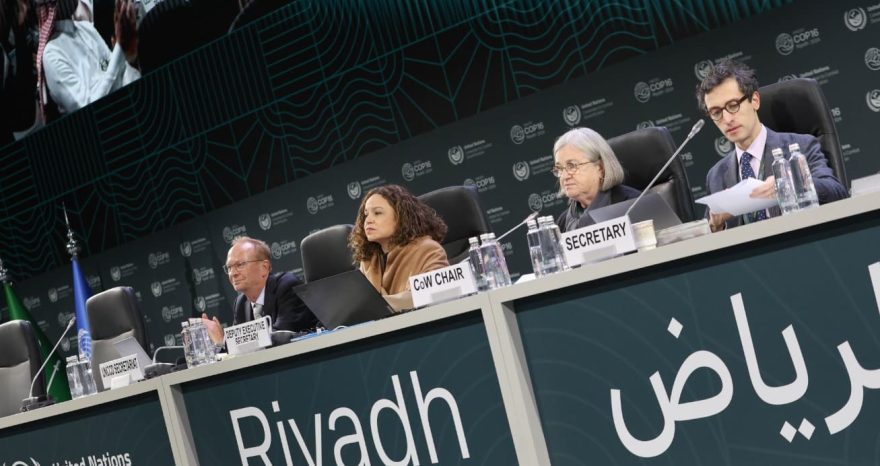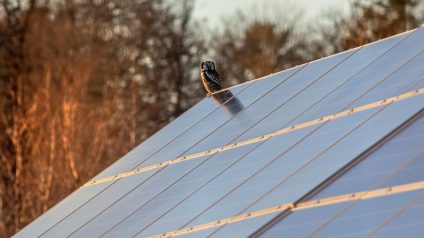African countries reach a common position to hold at the November climate summit: no to promises about the fossil phase out, change the rules of climate finance
Open letter of 400 NGOs, the COP27 of Sharm el-Sheikh is made (or shipwrecked) on the subject of loss & damage
(Sustainabilityenvironment.com) – More money to deal with the climate crisis and green light to the exploitation of the continent’s gas resources. This is the common position with which the African countries, with Egypt in the lead, will present themselves at the COP27 in Sharm el-Sheikh in November. With all due respect to those who hoped that some of the most important preconditions laid down by the Glasgow climate summit would be met this year, including the first global commitment to abandon (better: reduce the use of) coal.
We should not expect any adherence to a sudden or accelerated phase out of fossil fuels, therefore. Of course, the position is only that of the group of African nations, but among them there is the same country that is organizing this year’s climate summit. Egypt would have the task of mediating between the different positions and facilitating compromises, but clearly the level of ambition of the starting has its weight.
The final document of the three days that has reunited to Cairo the African ministers of the economy, the finances and the atmosphere, emphasizes in fact “the need to avoid approaches that encourage sharp divestments from fossil fuels, as this will threaten the development of Africa”. Many African countries are focusing on gas as a transitional energy and – at least in words – as a solution to ensure access to energy for all. To date, about 600 million Africans have no direct access to electricity. However, many observers believe that gas will serve more to promote new agreements with more energy-intensive countries (including Europe) than to ensure local development of industry. Much less to help more than half of the continent’s population to have electricity, since most are located in rural inland areas where the most efficient – and viable – solutions are renewable and mini-grid.
The other point discussed in Cairo over the weekend is the most burning issue of the COP27 in Sharm el-Sheikh. Climate finance, in fact, still continues to split global north and south. African countries claim the right to a slice of the bigger pie because they receive on average only 5.5% of the money mobilized each year, even though their historic contribution to global warming is minimal as well as their current carbon footprint. And they are among the most exposed to the impact of the climate crisis. Among the priority issues to be discussed in November, the African ministers propose, is how to facilitate access to loans.
Read also COP27 on climate: EU calls for more ambitious targets
Climate finance and, in particular, the issue of loss & damage – the losses and damages that should be quantified and repaid by the richest countries to the benefit of the poorest – has been the focus of attention for months. The issue is so burning that there is even resistance to including it in the official agenda of COP27 in Sharm el-Sheikh.
But for many countries and for civil society it is a must. “The financing of losses and damage is a key issue for the upcoming climate conference in Egypt. The credibility of the climate talks is hanging by a thread,” says Harjeet Singh of the Climate Action Network. CAN is one of about 400 NGOs that on September 9 published an open letter asking that loss & damage receive due attention. “The COP27 conference will be considered a failure if developed nations continue to ignore the call of developing countries to establish a loss and damage financing instrument to help people recover from the worsening flooding, of fires and rising seas,” Singh added.













